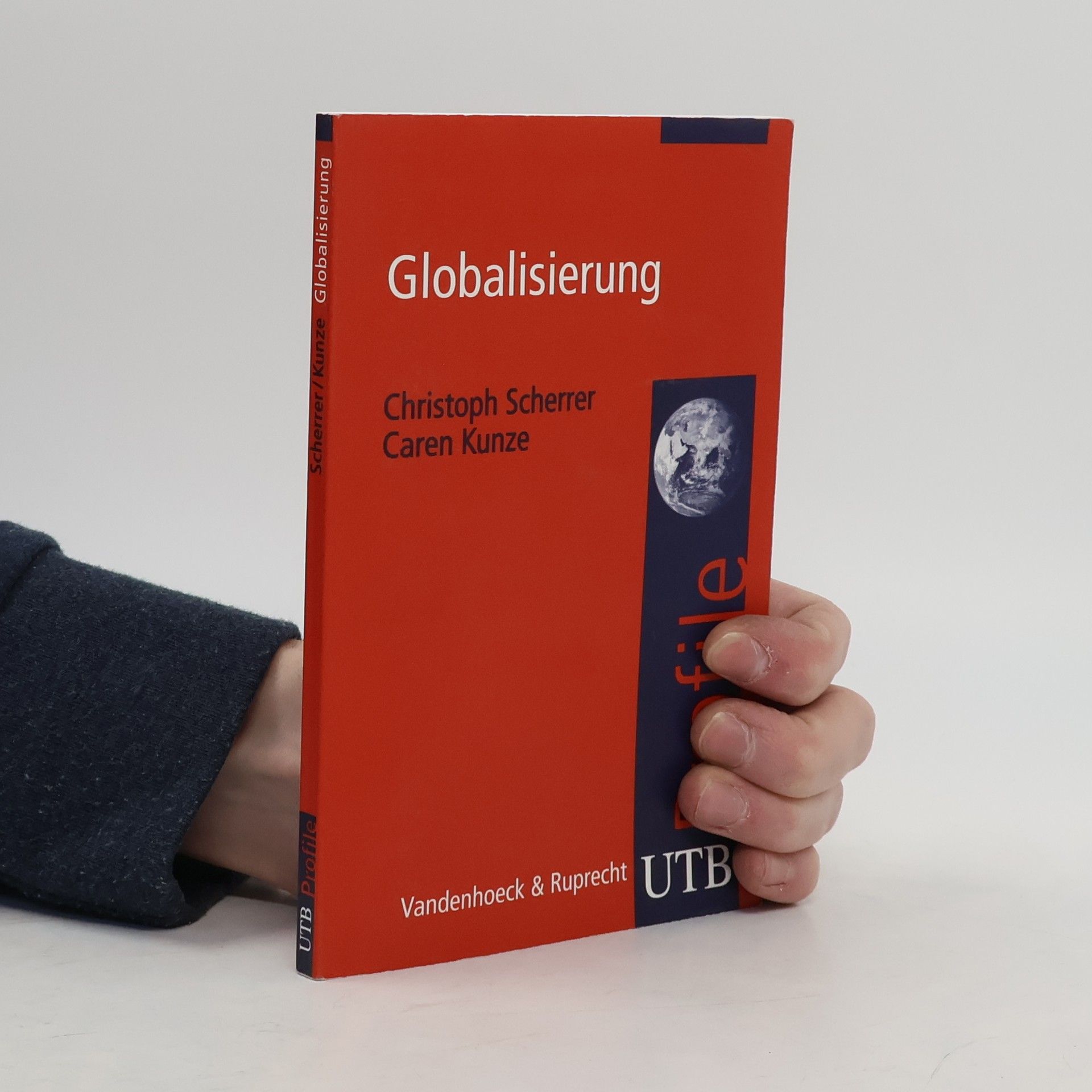Arbeit in der Lieferkette. Miserable Arbeitsbedingungen auf See und in den Häfen
- 192pagine
- 7 ore di lettura
Die Studie untersucht die mangelhaften Arbeitsbedingungen im internationalen Transportwesen, insbesondere in der Bananenlieferkette zwischen der Karibik und Westeuropa. Trotz internationaler Verpflichtungen und des deutschen Lieferkettensorgfaltspflichtengesetzes bleiben die Arbeitsnormen oft unzureichend eingehalten. Die Autoren fordern eine Verbesserung der Bedingungen für Seeleute und Hafenarbeiter.


